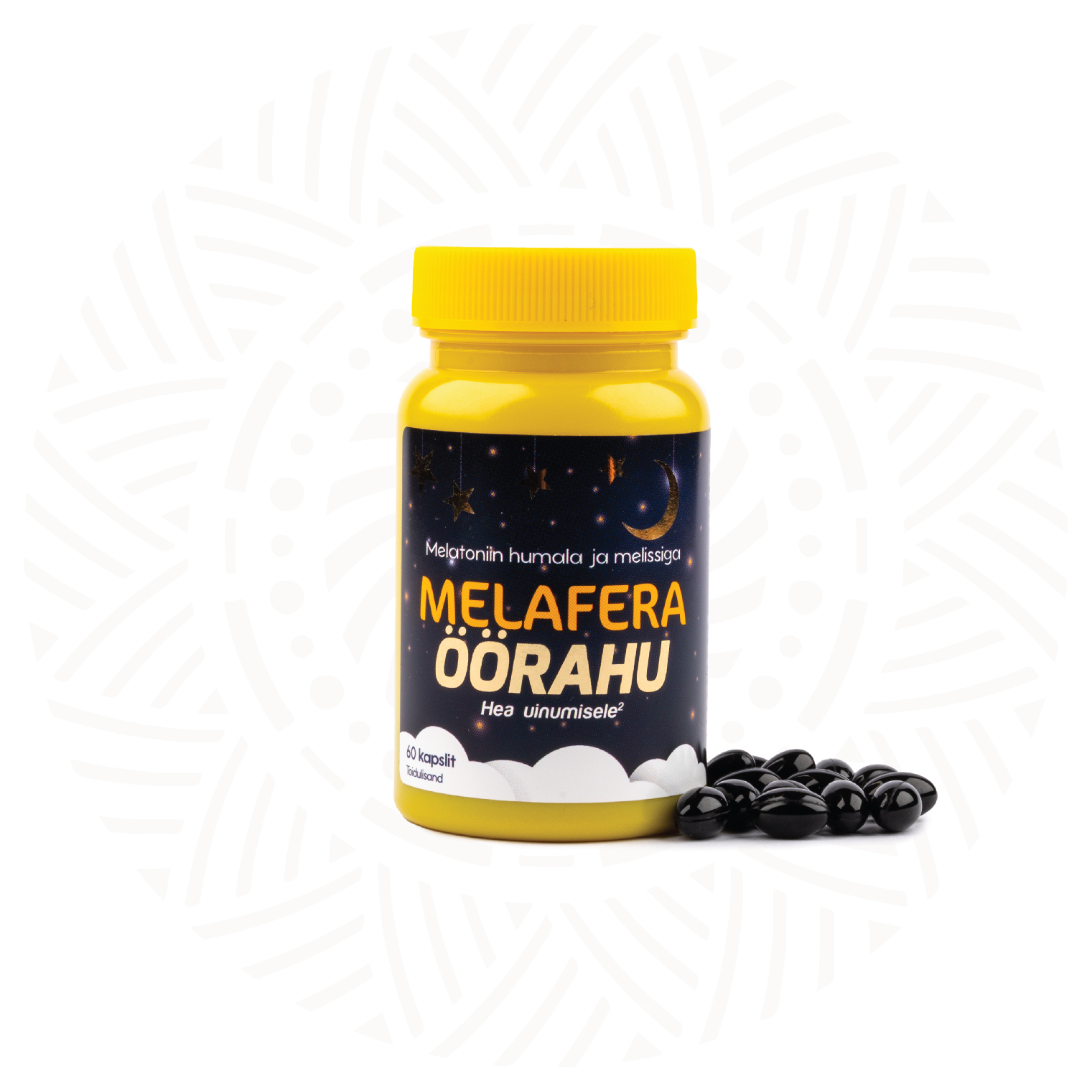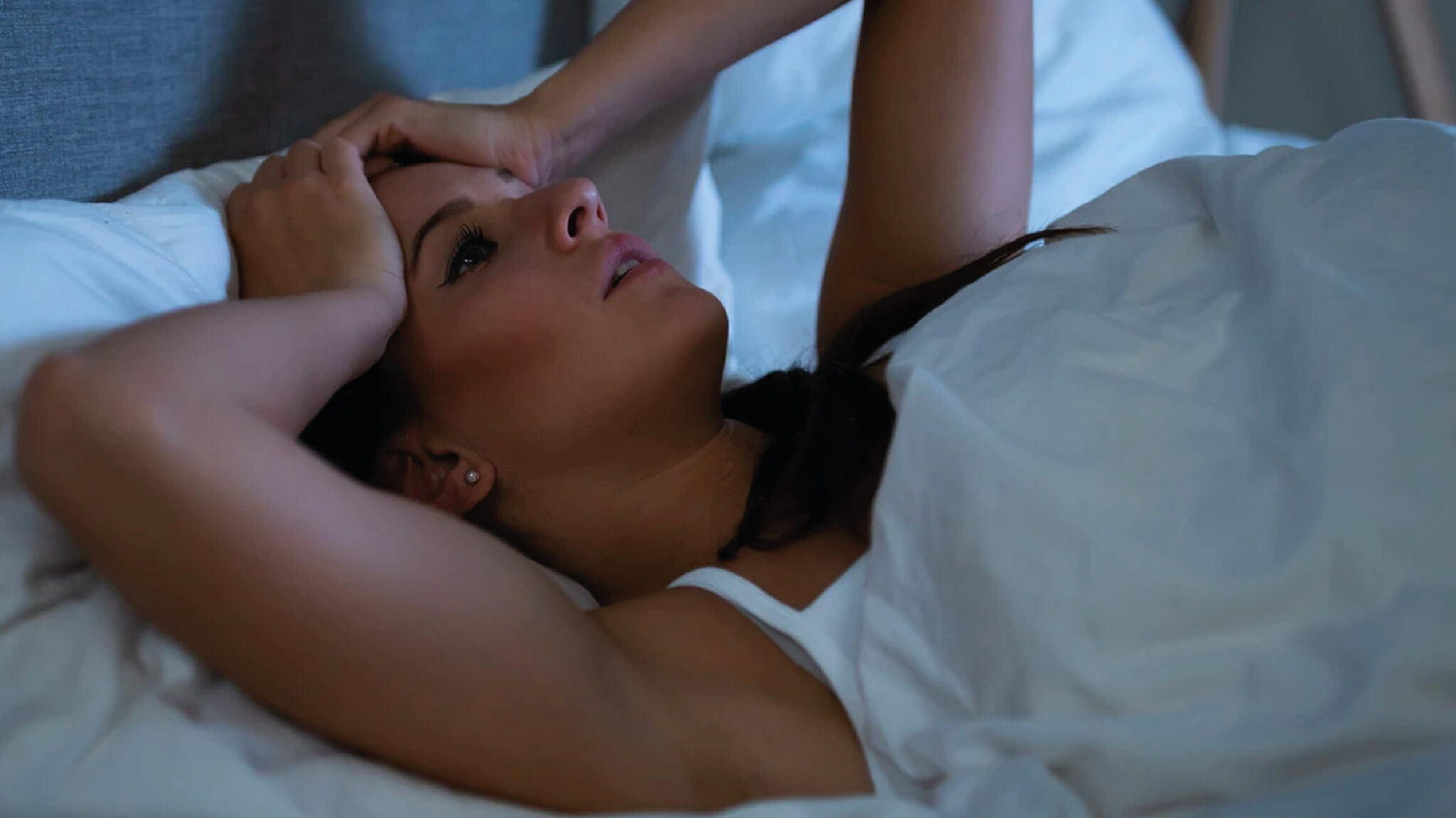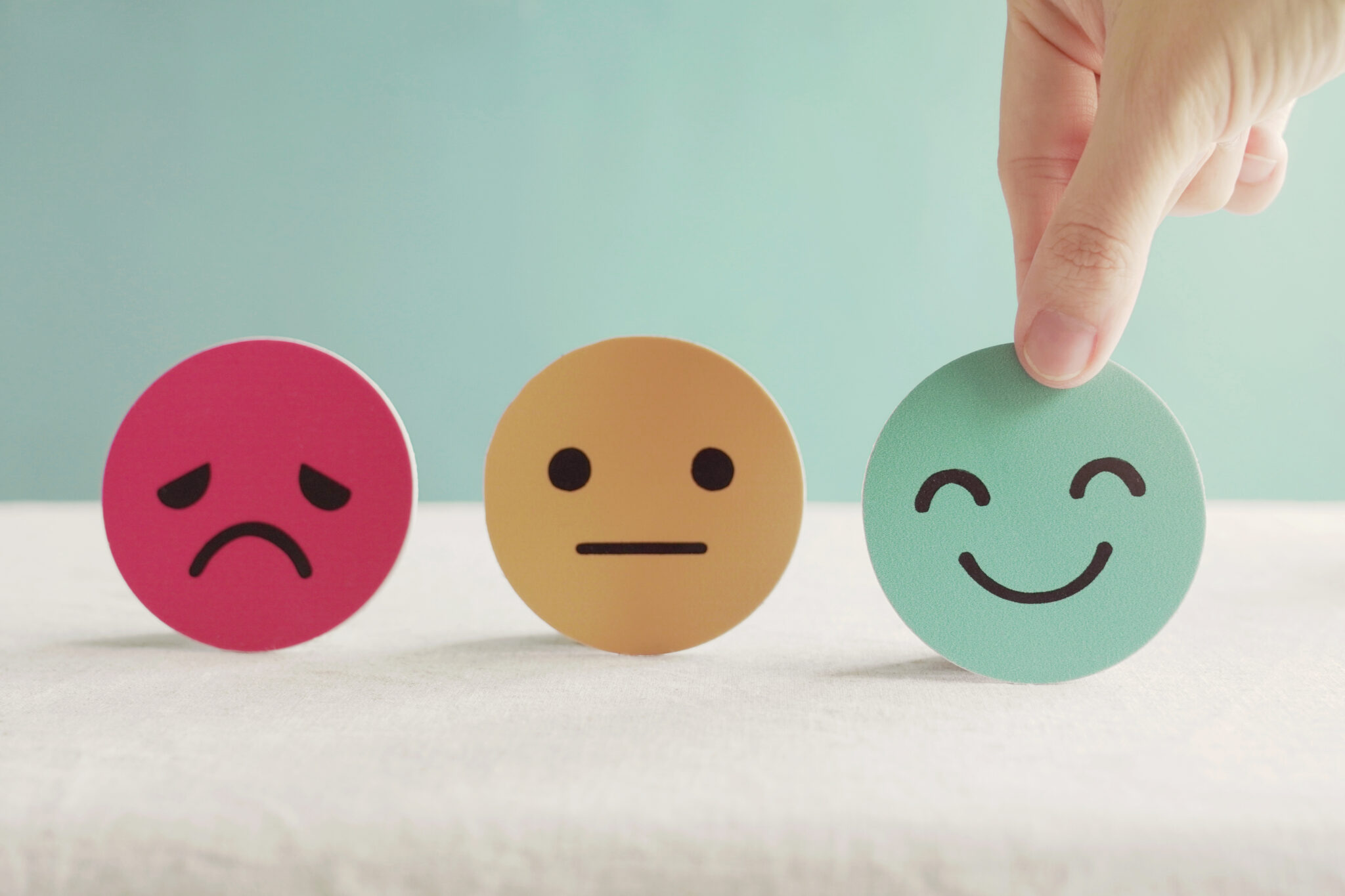Insomnia is a common problem characterized by difficulty falling asleep or frequent awakenings during sleep. Below, we will take a closer look at what healthy sleep time is, why sleep disorders occur, what insomnia does to our health, and what are the most effective solutions for sleep disorders.
Why do we need sleep?
We spend a third of our lives sleeping, or at least we should, theoretically. Enough sleep helps the body recover from daily stress and improves concentration and productivity. When well-rested, we have more energy, are in a better mood, and are more alert.
Sleep plays an important role in memory retention and immune system function and helps the body recover all the way down to the cellular level.
What are the stages of sleep?
There are five stages of sleep.
- Stage one – light sleep, up to two minutes. At this point, the body relaxes and muscle tone decreases. You may experience sudden muscle twitches in this stage.
- Stage two – falling asleep, lasting about 20 minutes. Muscle tone is moderately reduced, heart rate and breathing slow down.
- Stage three – deep sleep, which makes up 3-8% of sleep time.
- Stage four – deep or delta sleep. Muscle tone is low, eyes do not move. The sleeper is hard to awaken. Sleepwalking or talking may occur during this stage.
- Stage five – REM sleep phase, which occurs 70–90 minutes after falling asleep. This is when dreams occur.
What is healthy sleep time?
Several factors influence how long healthy sleep should be. One of the most important factors is age. An adult needs 7-9 hours of sleep per night to stay healthy. Thus, sleep requirements vary slightly at different stages of life:
- Infants 12 – 15 hours
- Toddlers 11 – 14 hours
- Preschoolers 10 – 13 hours
- School-age children 9 – 11 hours
- Teens 8 – 10 hours
- Young adults 7 – 9 hours
- Adults 7 – 9 hours
- Older adults 7 – 8 hours
What happens to sleep as we age?
It has been found that the production of the sleep hormone melatonin is also influenced by sex hormones. With aging, the level of sex hormones decreases, and as a result, the sleep rhythm changes.
This is the main reason why the need for sleep slightly decreases with age and becomes more superficial. Older adults also experience less deep and REM sleep. In addition, nighttime awakenings become more frequent and sleep becomes more fragmented.
What is melatonin?
Melatonin is a natural sleep hormone that regulates the sleep-wake cycle. Melatonin secretion from the pineal gland begins in the evening as dusk falls and peaks during the night. In the morning, exposure to light halts melatonin secretion into the blood.
Melatonin is a powerful antioxidant that helps the body rest and strengthens the immune system. Melatonin helps maintain the body’s youthfulness.
What happens if we sleep too little?
If you don’t sleep enough, you become tired. This means that you are drowsy during the day, may experience headaches, and your learning and concentration abilities decrease significantly. Lack of sleep accelerates aging and disrupts the immune system.
Sleep deprivation is also linked to poorer emotional regulation and increased susceptibility to stress. Just one poorly slept night causes daytime fatigue and makes you significantly more susceptible to anxiety the next day.
Do sleep disorders affect younger people as well?
Common sleep disorders are often related to anxiety, which affects younger people too. The body may calmly lie in bed, but if there is turmoil inside and emotions are racing here and there, it is impossible to fall asleep.
Thus, mental health and sleep are closely interconnected. Sleep problems often occur during stressful periods, and vice versa – sleep disorders themselves can cause mental exhaustion and anxiety disorders.
If you find it hard to fall asleep, wake up frequently, or experience nightmares, you are suffering from a sleep disorder. People with sleep disorders often become emotional in their decisions and react sharply to the comments of others. As a result, relationships with family or colleagues may suffer.
In addition to lack of sleep, concentration abilities significantly decline, memory problems occur, and stress tolerance decreases.
Why does anxiety prevent sleep?
Instead of calming down, you repeatedly think about your stressors, worries, and disappointments. It seems like these thoughts are on repeat, and they are impossible to stop. If you are still caught in anxious thoughts just before falling asleep, there will be no good sleep.
When the body is anxious, a hormone called cortisol is released in our body. This hormone is important to help us cope with the “fight or flight” situations. That’s why it is difficult to fall asleep during stressful periods – the body thinks it’s a fight for survival.
When a person feels fear and is stressed, they also sleep differently. Even if they eventually manage to get some sleep, the stress hormone cortisol creates alertness, and sleep becomes superficial. To sleep calmly and deeply, it’s necessary to relax before falling asleep.
What type of supplement should you choose?
Good sleep does not only mean many hours of sleep but also deep and quality sleep. There are several different supplements available for sleep disorders, but they may not provide effective relief from anxiety.
If sleep disorders are caused by anxious thoughts, effective relief comes from a combination of melatonin and plant-based components. Melatonin, valerian, and lemon balm have proven to effectively alleviate daytime stress and help calm down for falling asleep.
Magnesium and B vitamins can also help, as they increase the body’s and nerves’ resistance to stress. All the alternatives mentioned above do not cause dependence or daytime drowsiness.
Good sleep is in your hands!











